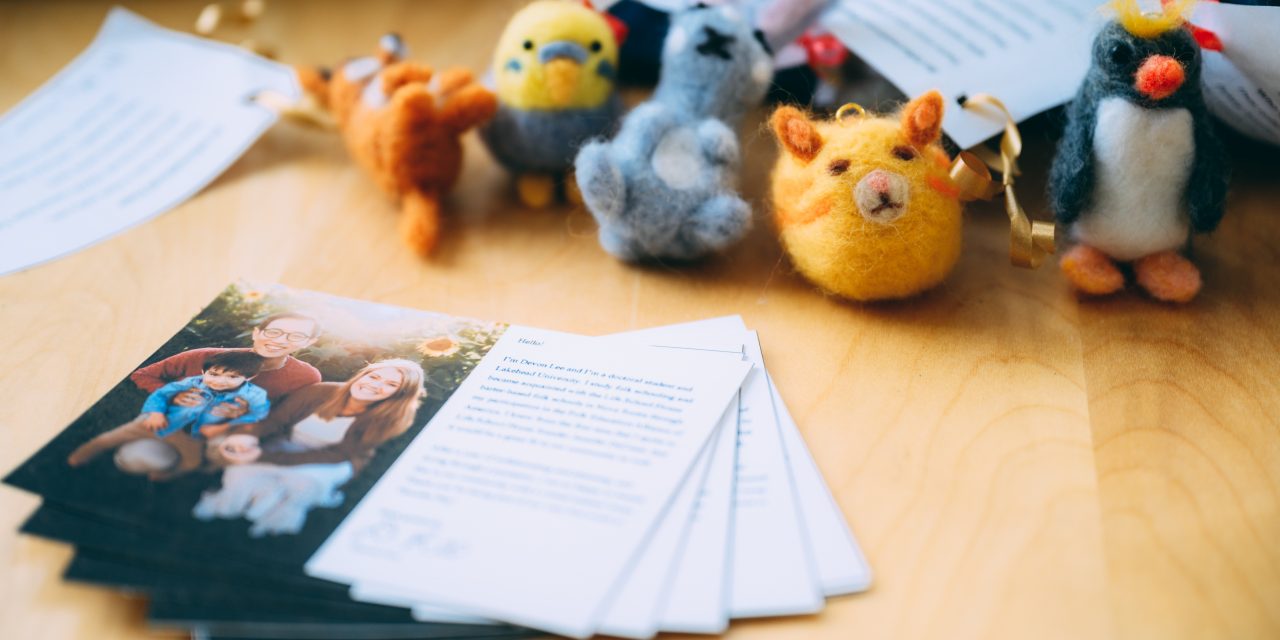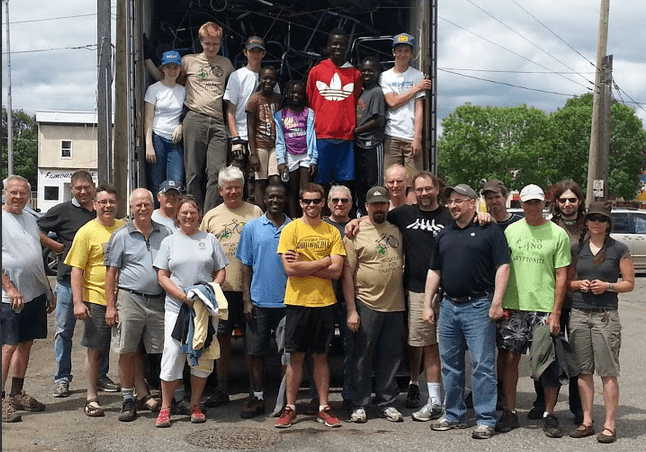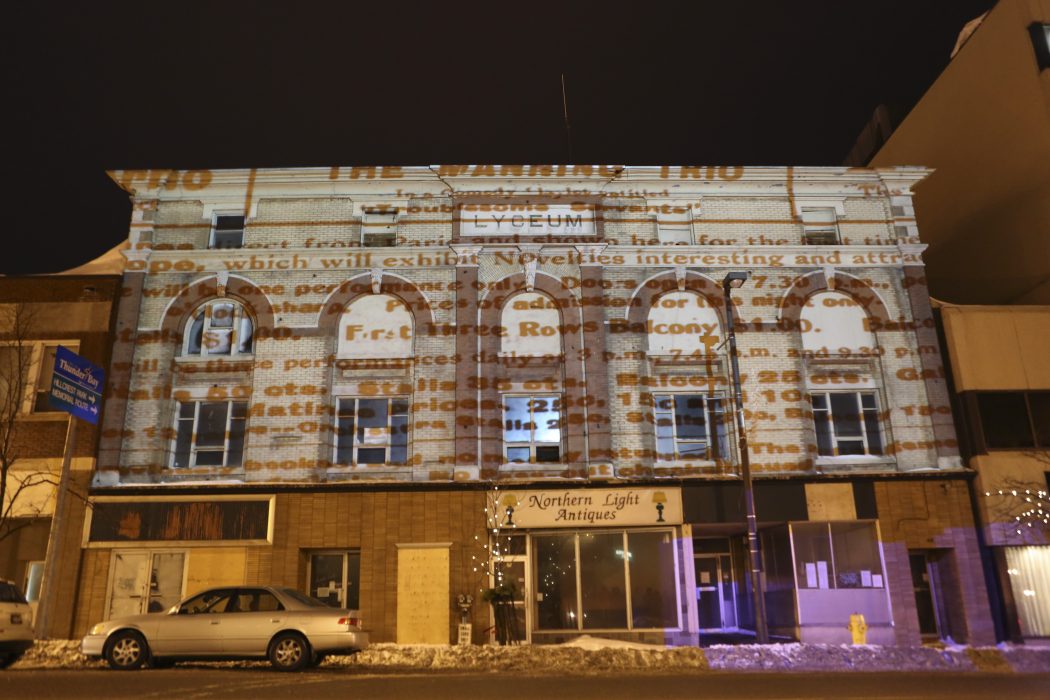LifeSchoolHouse Offers Barter-Based Workshops that Build Skills and Community
By Susan Goldberg , Photos by Kay Lee
On a bleak Sunday in February, with the city on the verge of yet another shutdown, a dozen or so creative types in Thunder Bay got a little jolt of inspiration.
The participants in Thunder Bay’s first-ever “maker swap” had spent the previous weeks sewing, knitting, felting, preserving, photographing, carving, and crafting. Each dropped off six creations to the home of organizer Devon Lee, who spent a giddy few hours sorting the bounty. Then, the masked makers returned to pick up—and revel in—their six handmade items: a tiny felted animal, a gorgeous framed photo, a hand-carved wooden charcuterie board, a macramé necklace, beeswax wraps, a found-object collage, a jar of local pickles, and more. “It was really inspiring,” says Lee, one of the driving forces behind a movement to bring the Life.School.House (LSH) initiative to Thunder Bay.
Lee is currently pursuing a PhD in educational studies at Lakehead University, with a focus on North American folk schooling. She met LSH founder Jennifer DeCoste through the Folk Education Alliance of America. “We were the only two Canadians,” she says.
DeCoste had been running skills-sharing workshops out of her Nova Scotia home since 2018. She began what became LSH as a vehicle for combating social isolation and creating stronger neighbourhoods. The initiative has since expanded beyond DeCoste’s living room to more than a dozen sites throughout that province, and has provided more than 350 sessions on everything from soap-making and beekeeping to raising chickens and basic carpentry—really, any skill a community member has to share.
What makes LSH sessions unique, explains Lee, is that they’re barter-based: rather than cash, participants bring a gift of their choice as payment—maybe a bunch of beets from their garden, a jar of jam, a poem, a bike tune-up. Bartering reduces barriers to access while emphasizing that the courses have value for everyone involved. Lee was immediately smitten with the idea. She began hatching plans to bring the LSH model to Thunder Bay. A colleague, JoAnne Formanek Gustafson, began the process in Fort Frances. The two envisioned a constellation of LSH sites across Northwestern Ontario.
And then, of course, the pandemic hit, forcing Lee and Gustafson to pivot to activities, like the maker swap, that could be done at a social distance. They’re hoping to begin offering some online workshops. As the weather improves and should the pandemic recede, they hope to expand to outdoor, and, one day, indoor workshops. In the meantime, they plan to run another bigger maker swap in the spring.
“People may not necessarily think that they’re experts, that they can be teachers,” says Lee. “But through activities like this, they start to recognize that they do have knowledge and skills that they could teach to their community members.” What initiatives like LSH workshops and swaps show us, she continues, is that “we don’t always need outside experts to come in and solve our problems. The solutions to a lot of our problems already exist within our communities, and we just don’t know it yet.”
Want to get involved in LifeSchoolHouse Thunder Bay? Check out the group’s Facebook page for more information.














